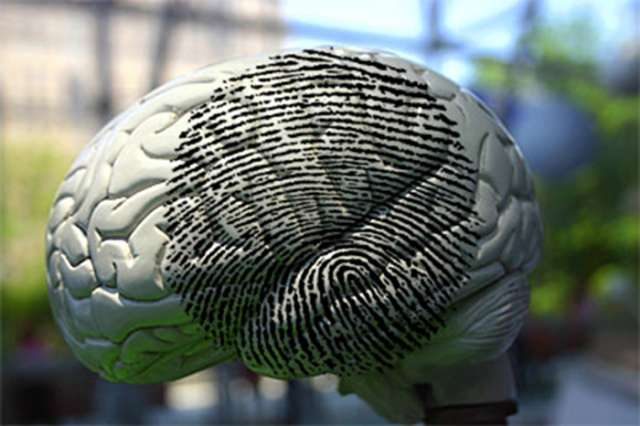"The patterns were different enough that we were able to pick people out of a crowd regardless of what people were doing," said Emily Finn, a graduate student who led work on the study.
They even used it to show differences in what`s called fluid intelligence — quick thinking and problem solving.
"We demonstrate that it is possible, with near-perfect accuracy in many cases, to identify an individual from a large group of subjects solely on the basis of his or her connectivity matrix," Finn`s group, led by Todd Constable, director of MRI research at Yale, wrote in the journal Nature Neuroscience.
The team used data from multiple functional magnetic resonance imaging (fMRI) brain scans of 126 volunteers. They`re all taking part in a bigger study called the Human Connectome Project, which is looking to see just how different parts of the brain work together.
They found a distinct pattern of activity in each person, which held true when they were doing something and when they were just sitting there.
It`s not so much showing that one brain region is connecting to another as showing that two or more regions are functioning in synchrony at certain times, Finn said.
"It`s definitely not easy to see," she said. The effect wasn`t visual, but could be seen in the streams of data coming from the scans. "It was about the pattern," she said. "It wasn`t necessarily that people had overall strong connection strength or overall weak connection strength."
It`s step towards applying the benefits of fMRI to individuals.
"In the past, in an fMRI you would image a bunch of people doing the same thing and you would average together the data from many people and see how the brain lights up," she said.
"The dogma has always been that it is hard to get any meaningful information from a single person`s scan because this method is so noisy and crude."
The Yale team`s approach found that you could, in fact, find out quite a bit about an individual from his or her fMRI.
"Characteristic connectivity patterns were distributed throughout the brain, but the frontoparietal network emerged as most distinctive," the team wrote.
These are regions associated with fluid intelligence, Finn said.
"These two lobes, the prefrontal and parietal, are some of the most recently evolved parts of the brain," she said. They`re linked with attention and memory.
Not that this means brain scans will replace IQ tests. "It is a lot easier to give someone an IQ test than to put them in a scanner," Finn said.
"The real potential in this is not predicting IQ per se, but thing that are harder to predict in a test like who is going to go on to develop mental illness," she said.
"Maybe we could find a way to predict it so we can intervene and prevent mental illness," Finn added.
There aren`t drugs or treatments that can do that now but there may be in years to come, she said.
It might be useful in predicting or measuring someone`s response to drug education programs, or to other therapies, she added.
More about:
















































